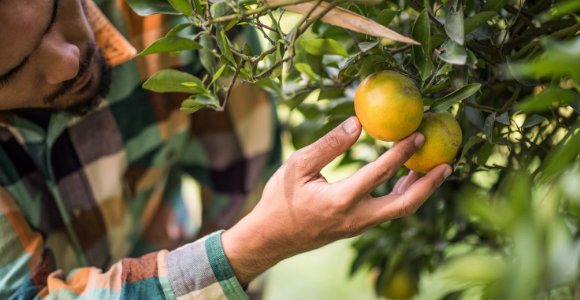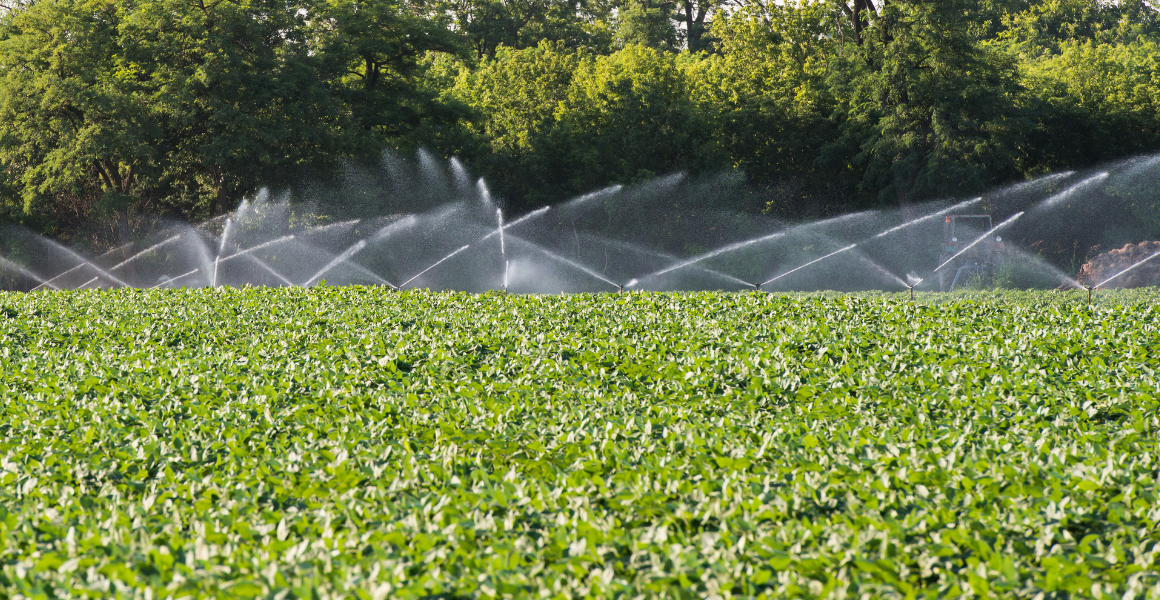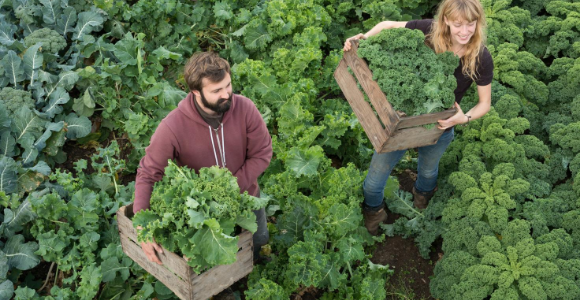
AUSVEG Advocacy Activities – 9 September 2020
29 September 2020
Case study: Irrigation monitoring is out of this world at Bathurst
29 September 2020Labour
Labour continues to be central to AUSVEG’s advocacy activities as workforce shortages hit the sector throughout Australia.
AUSVEG has continued to raise concerns around worker shortages with the Federal Government, urging it to action the National Farmers’ Federation Horticulture Council 10-point approach.
Some of the points are already underway, such as the Seasonal Worker Programme expansion, but significantly more needs to be urgently done to help growers get through the harvest season.
Working Holiday Maker numbers in Australia have continued to decline from 141,000 on 1 January to just over 67,000 remaining in the country. This has drastically reduced the workforce options for growers and has forced them to make significant planting and harvest decisions.
Those decisions are expected to have a major impact on supply of fresh produce and will lead to higher prices for fresh produce, as well as potential food shortages.
AUSVEG will continue to lead and drive these messages through Federal and State Governments, as well as using the media to urge them to address this major issue.
It has certainly been frustrating for industry that, while we have continued to raise these issues to government since the start of the COVID pandemic, we are now at crunch time for growers and they need solutions.
Seasonal Worker Progamme and Pacific Labour Scheme expansion
AUSVEG has been advised that all states except Western Australia have now opted into the programme.
States that have opted in are at varying stages, given they must address the following four key areas before flights can be scheduled:
- The State must be able to demonstrate and advocate that there is unmet labour demand in their respective horticulture sector.
- The State must be able to manage the quarantine processes for the incoming workforce.
- The State must be able to ensure that priority is given to returning Australian’s from overseas.
- The State’s Chief Medical Health Officer must also endorse the program and be comfortable with the quarantine processes.
The first flight to the Northern Territory included workers from Vanuatu; it is understood there are workers at the ready in the Solomon Islands and Papua New Guinea. There are also conversations with Tonga and Fiji officials as potential options for further workers from those countries.
AUSVEG is working with its state members and Federal and State Governments to assist with getting flights operating as soon as possible.
Growers in Western Australia can use the this letter template and address list to send to the Premier to help get the State Government to opt in to the programme.
Border Closures
AUSVEG, via the Horticulture Council, supported the introduction of a National Agriculture Workers Movement Code, which was adopted by New South Wales, Victoria, South Australia, the Northern Territory and Australian Capital Territory.
Unfortunately, Queensland, Western Australia and Tasmania did not support the Code.
The code is aimed at helping ensure agriculture can keep operating without delays and barriers.
Workforce planning
AUSVEG is continuing to urge growers to assist industry bodies and the federal government by planning their workforce needs earlier, and where possible advertising their needs earlier via the Harvest Labour Services website.
The access to accurate workforce data for the use by industry and the federal government has never been more important in ensuring growers have the workforce they need to continue to produce their food.
It is important that as an industry we provide accurate information and be as realistic as possible about our workforce needs.
Advertising earlier via the Harvest Labour Service, which is a FREE SERVICE, allows industry and government to have a central point for Australia’s horticulture labour needs, and will help industry advocate for improved policy settings to assist growers through this difficult time.
Health Star Rating review
AUSVEG has joined Citrus Australia, Apples and Pears Australia Ltd (APAL) and the NFF in advocating for the government to review its Health Star Rating system.
Under proposed changes, natural juice would be rated between 2.5 and 3.5 stars while soft drinks such as Diet Coke would be rated as 4-stars.
AUSVEG believes this sends the wrong message to the community and juices which are natural should be given at least a 4-star rating.
ACCC inquiry into perishable goods
AUSVEG recently provided a submission to the ACCC for its inquiry into perishable goods.
The inquiry was wide-ranging looking at supply chain issues and bargaining powers.
Submissions to the inquiry have been asked to be kept confidential by the federal government.
Country of Origin Labelling review
AUSVEG also made a recent submission to the Country of Origin Labelling review making a number of recommendations including expanding the program to the cut flower sector and the food services sector.
Horticulture Code of Conduct
The Australian Small Business and Family Enterprise Ombudsman (ASBFEO) has released its list of produce assessors in each state which is required under the Horticulture Code of Conduct.
Horticulture Produce Assessors are part of the dispute resolution process managed by the ASBFEO.
For more information on the code and to view the list of assessors in your state, click here.

